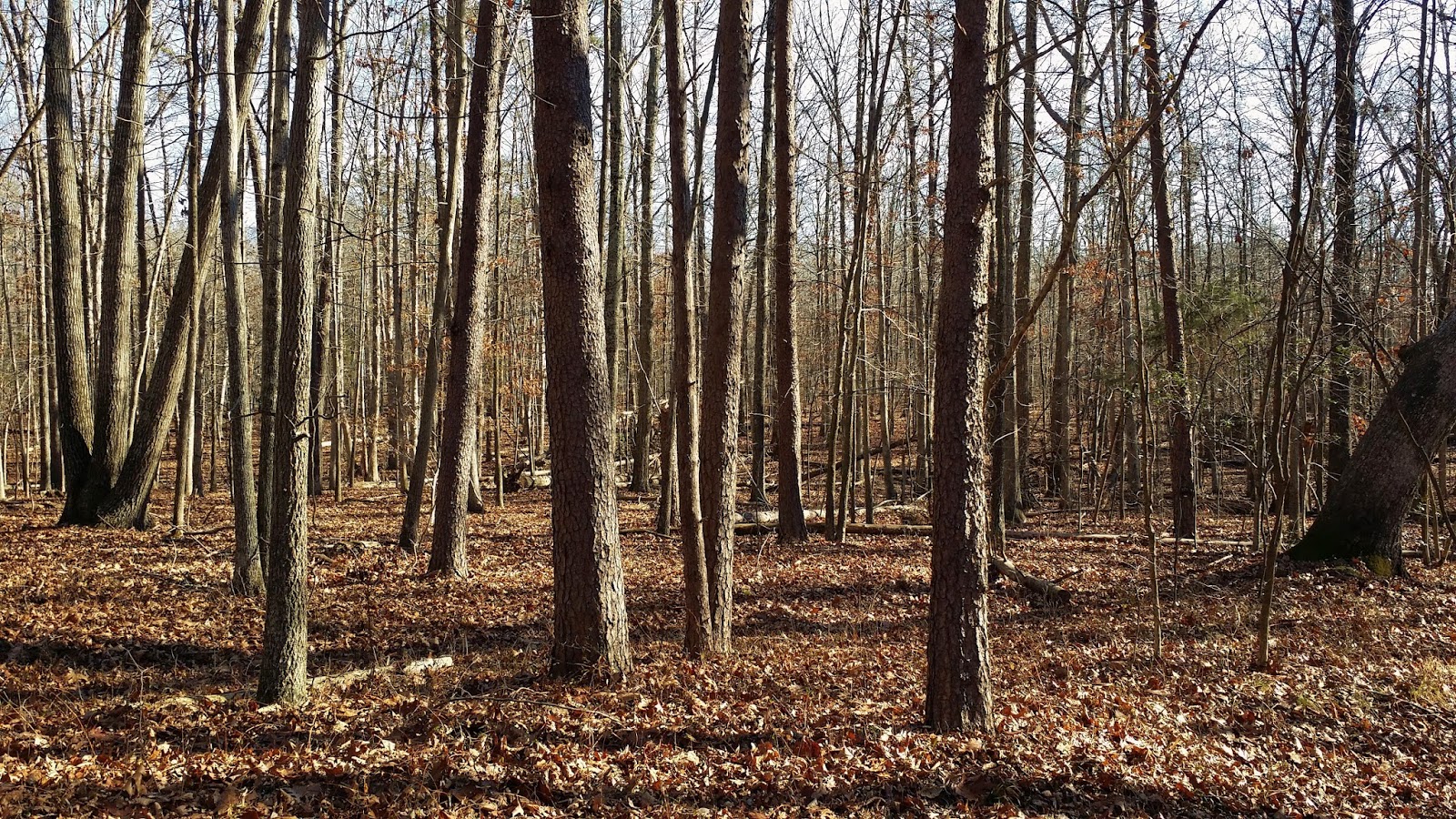"For last year's words
belong to last year's language;
Next year's words
await a different voice."
--T. S. Eliot
Copyright © 2014
by Ralph F. Couey
image and written content
except quoted and cited passages.
This day we call New Year's is at its essence an arbitrary point, a mere pixel in the vast expanse of time. Yet, we have assigned this day as the first one in that annual road map we call the calendar. And because we humans are all about fresh starts, we mark this day as a beginning; a clear slate, if you will.
Behind us lies 365 days of epic achievement and utter failure; of boundless joy and complete devastation. Of dreams realized and dreams broken. One of our unfortunate tendencies is to focus on what went wrong during that time and vow to fix them. These promises, that which we call "resolutions," are usually anything but. "Resolve" as we have discovered is ephemeral; that ship upon which we confidently set sail, only to find out that its full of holes and gravitates towards the rocks. And rather than fix the holes and alter the course, we abandon the ship.
I"ve always felt that part of the problem is that we make these vows in the time of year when the cold, snow, and ice drive us indoors; the short days make doing anything extra or different difficult. Let's face it; when the sun goes down, we get sleepy. My resolutions don't get made until spring. When the warm sun shines, and the earth springs forth in new life, I am touched by that spirit of rebirth and renewal. I find my plans easier to fulfill, and my dreams far more likely to become reality. The next two months I have come to call "The Long, Dark Tunnel" for a good reason. In the winter, I don't feel like doing anything. In the spring, I feel like doing everything.























